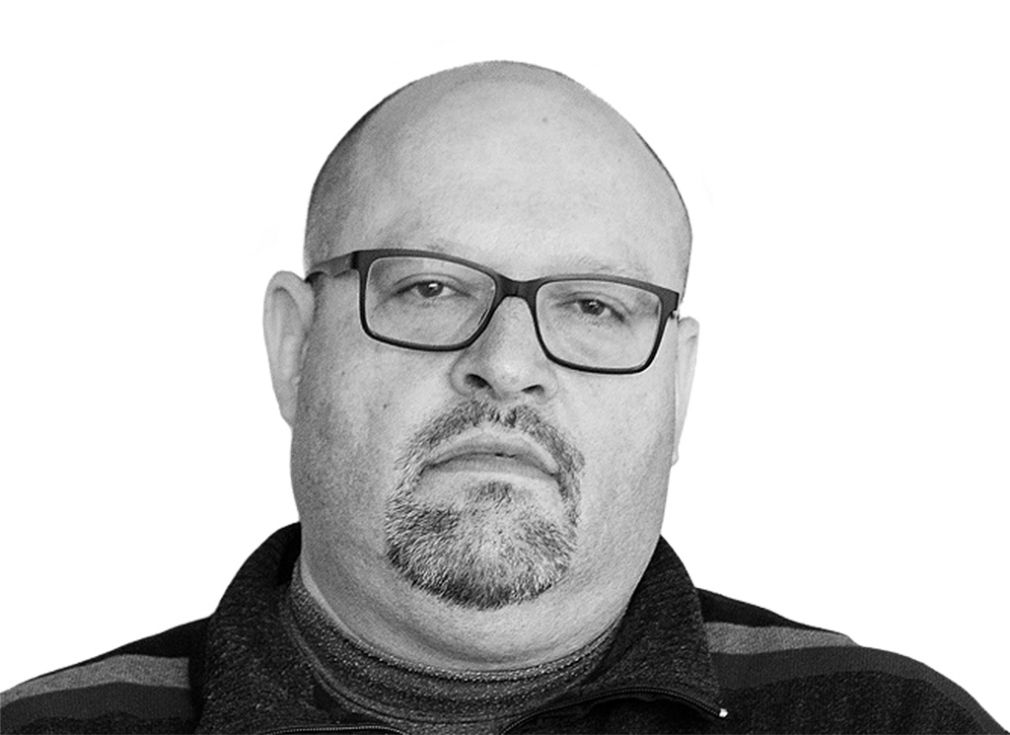It is a notorious fact that in Slovenia the left-wing political option has been in power for most of the post-independence period (not to mention the previous decades when the communists had a power monopoly). Even at this moment it controls all branches of government; because it has the parliamentary majority and thus the government, as well as the president of the country, and the majority in the constitutional court.
Someone can say that there is nothing wrong with this in principle since it is all a matter of the democratic will of the citizens. Both the MPs who voted for the current government and the president of the republic were directly elected, while the constitutional judges were elected by the MPs on the proposal of the current president. Everything is therefore in accordance with the procedures assumed by the constitutional order. What can we do about it if the left-wing political option manages to convince a larger number of voters, right?
However, in order to judge the electoral contest and its results, knowledge of the social context in which it takes place is necessary. It is not only important that elections are free. They must also be fair, which means that the participants on them have at least roughly the same conditions for addressing voters. However, this does not only apply to the time of election campaigns. It is important that political protagonists are always treated fairly.
Elections in Slovenia are undoubtedly free. But the participants do not all have the same conditions. Given that the political space is bipolarly divided, we can say that one of the camps is undoubtedly neglected. Let’s make a sports comparison. Elections in our country are similar to a football match (or series of matches) with biased refereeing, where one of the teams is always harmed by the referees. For such a team, the path to victory is very difficult. If the referees exclude one of his players every time, and at the same time they award the opponent some imaginary penalty, even a better-quality playing staff and better tactics often do not help it. Such a team must play significantly better football in order to hope to win.
In our case, the role of “judges” is mainly played by the media, but also the judiciary, education, civil society, etc. These offer citizens explanations of political events, which also includes evaluating the work of various political protagonists. And just as it is problematic if football referees have double standards when determining fouls and prohibited positions, it is problematic if political “arbiters” practice the same. All the more so because in this case it is not just a game, but a decision about the future of the nation.
In Slovenia, these double standards are evident among the creators of public opinion. The actions of Golob’s government are treated by the central media much more leniently than they treated the actions of Janša’s government. Let’s look at just two current examples. When it came to light that the current Minister of Health had threatened a representative of the medical union, it was reported very sparingly. The public had to be satisfied with the minister’s explanation that it was a more “solid male debate”. Can you imagine that one of Janša’s ministers would do something like that? The media would immediately demand his resignation. Also, very little attention was paid to the fact that none of the MEPs from the ranks of the ruling coalition supported the recent resolution of the European Parliament, which designated Russia as a state that sponsors terrorism and uses terrorist means. Those who swore before the elections that they would return Slovenia to the area of the so-called core Europe, have now found themselves in the circle of (silent) supporters of the Putin regime. And during the term of office of the current role, quite a few “offences” have accumulated, for which our public opinion arbiters did not “bleep”. In such a situation, it is difficult for a political contest to take place in a correct manner.
Dr. Matevž Tomšič


